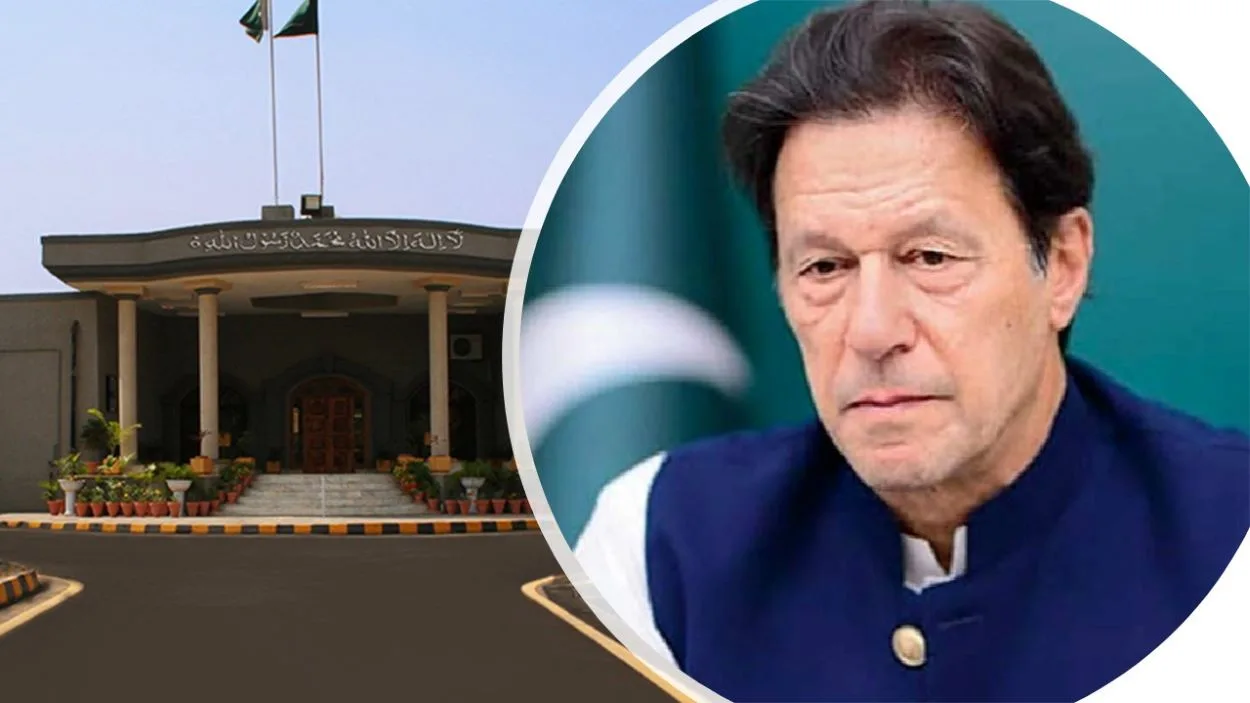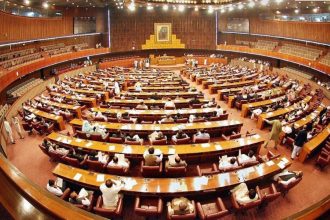The Islamabad High Court (IHC) demanded clarification regarding the decision to hold former Prime Minister Imran Khan at Attock jail, diverging from the original direction of Adiala jail. This inquiry was raised during the hearing of Khan’s plea following his arrest in the Toshakhana case on August 5.
Chief Justice of IHC, Aamer Farooq, directed the assistant advocate general to identify the responsible authority for such prisoner transfers and demanded a detailed report to be submitted by August 11.
Khan’s Plea: A Call for Better Amenities and Proper Meeting Rights
Khan has requested relocation to the Adiala jail from the Attock facility, appealing for A-Class amenities. He further sought the court’s approval to undergo a medical evaluation by his private doctor, Dr. Faisal Sultan. Additionally, Khan has implored the court to authorize meetings with his legal representatives, family, and senior PTI members.
Understanding the Root of the Issue
Chief Justice Aamer Farooq emphasized the lack of a detention facility in Islamabad, explaining that the common practice was to house detainees in Rawalpindi’s Adiala jail. The Chief Justice expressed concerns about the modus operandi for deciding prisoner placements. The conviction orders clearly stated that Khan should be incarcerated in Adiala jail. However, Khan was moved to Attock.
PTI Chief’s Legal Battle
Advocate Sher Afzal Marwat, representing Khan, pointed out the government’s authority in relocating prisoners across Punjab’s jails. He highlighted Khan’s eligibility for A-Class facilities, an amenity that the Attock jail lacks. Khan’s confinement in a solitary cell, as opposed to barracks, further intensified the debate. Marwat shed light on subpar conditions within the cell, including the issue of rainwater infiltration.
Marwat also highlighted hindrances in facilitating a meeting between Khan and his legal team, a right granted by a previous court order. The Chief Justice sought reasons for this delay. Marwat attributed it to the late issuance of the order and the stipulated meeting timings.
Further Complications
The discourse further revealed that Khan’s attorney, Naeem Haider Panjotha, underwent rigorous questioning by the Federal Investigation Agency (FIA). The lengthy nine-hour interrogation was masked as a regular investigation. Marwat termed these detainments as “illegal,” condemning the unjust treatment.
Chief Justice Farooq firmly stated that no individual should face undue distress in the name of inquiry. He stressed the significance of ensuring prisoners’ rights as defined by law. Reiterating that everyone is entitled to their rights, the Chief Justice emphasized the importance of granting access to legal representatives without hindrance.
Next Steps and Proceedings
Justice Farooq urged Khan’s legal representatives to approach the matter judiciously, emphasizing the necessity to avoid overcrowding. While Marwat pushed for an immediate hearing on the subsequent day, the session was adjourned until August 11 due to the Chief Justice’s unavailability.






